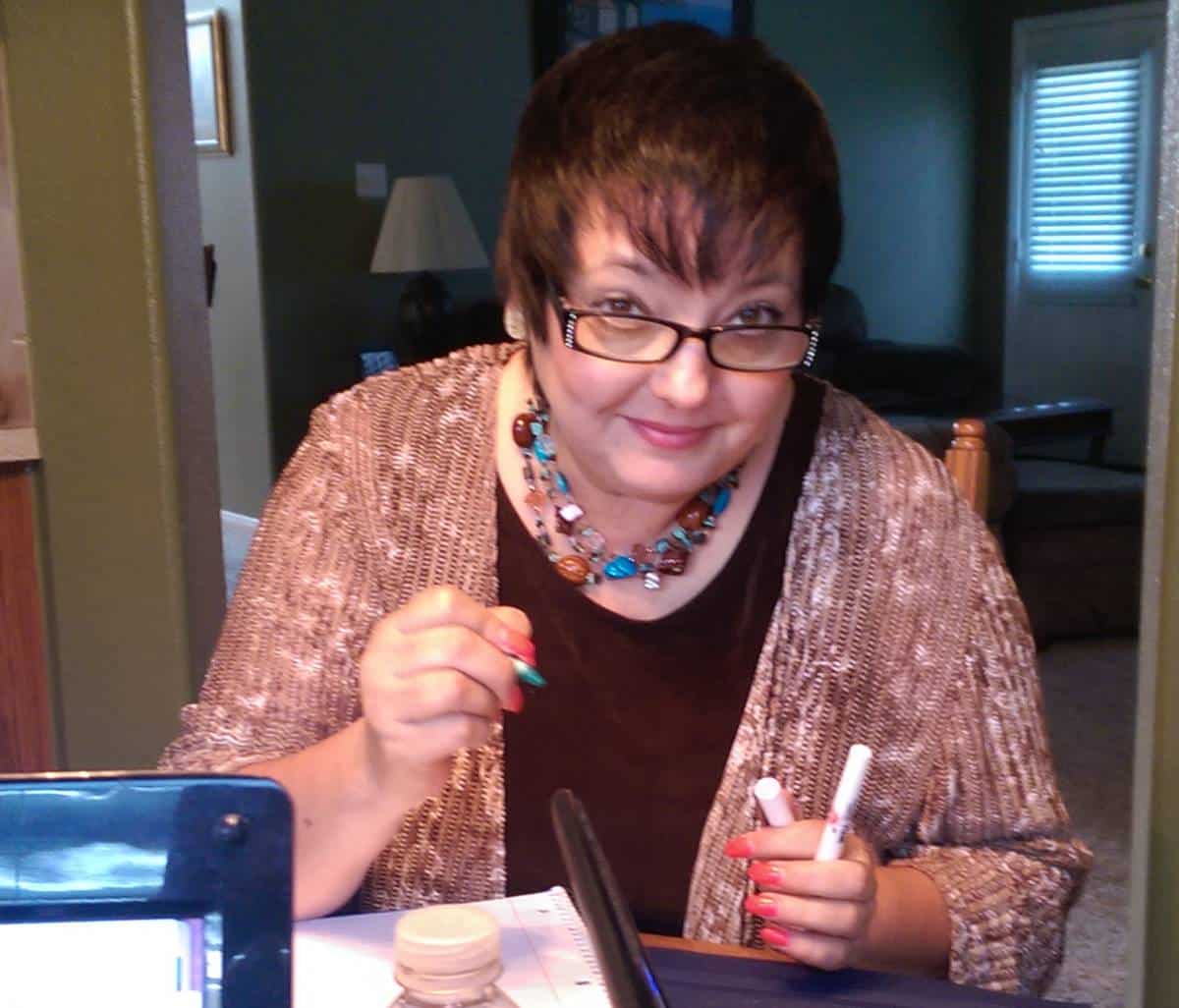
This is a summary of one of our Lunch & Earns on the topic – Dumb Mistakes I Don’t Make Anymore. This Lunch & Earn was conducted in a “round robin” format with multiple participants experienced in the role of cold calling to set sales appointments. Our purpose is to help people new to the job avoid the same mistakes. We would like to express our appreciation and gratitude to the veteran cold callers who “confessed” their rookie mistakes, all in the spirit of teamwork and helping others.
The veteran appointment setters who participated in this Lunch & Earn session have been working from home making outbound cold calls to set sales appointments for our clients ranging from one year to 20 years. These topics apply to sales people who make cold calls, regardless of whether they work for a virtual call center like ours or work directly for a company setting up their own sales appointments. Like any career, there is a learning curve. The list below represents some of the top, most common mistakes we see and is not intended to be a complete list. Here’s the list:
Be ready with the calendar. Professional appointment setters have the calendar open and are ready to propose a specific time or times. They expect to reach decision makers. They expect to set appointments. Fumbling around, making the prospect wait while you start trying to access the calendar is a classic rookie mistake that is annoying to the prospect and can even cause you to lose an otherwise perfectly good appointment. Even if it only takes you a few seconds, it’s typically a very long, often painfully awkward few seconds that can seem like an eternity.
Professional chefs check inventory for ingredients before starting to cook. Professional pilots go through a checklist before starting the engine. Professional surgeons scrub up before going into surgery. Professional appointment setters have their calendars open before they start making calls.
Check the time zone. If you’re calling anywhere long distance, always check the time zone first before making calls. This goes hand in hand with having the calendar open and ready, so that you don’t mix up the time zones when you are setting appointments.
You can send information AND get the appointment. When I was new and someone asked me to send more information, I would agree, and then end the call. Now I know that I can agree to send information, but also remember to ask for an appointment. I used to miss a lot of appointments by not doing that one simple thing.
It is more time efficient to go ahead and ask for the appointment, allowing the possibility of scheduling a one-call appointment close. Otherwise, calling back can get time consuming. You may need to dial many times before reaching the prospect again. Then, when you do reach the prospect, there’s always a chance he or she may not have received the information and you will need to send it again. If you don’t reach the prospect right away, he or she may have forgotten about your conversation and the information. When you go ahead and ask for the appointment, you are likely to learn if they were actually interested or if they were just trying to say “no” and get you off the phone. If the latter, better to know sooner than later and save all of that time calling back someone who wasn’t really interested.
Get it all on the first call…so you don’t have to call back. In the beginning, I always had to have two or three sound files because I kept forgetting to ask something and had to call back. I learned to print out the script, which is part of our training and process, and highlight key points before making calls. It also helps to highlight pertinent information and to write the qualifiers on the heading of the top of the script. I keep that in front of me at all times.
Don’t talk over the prospect. Calvin Coolidge said, “No man ever listened himself out of a job.” It is good to insert pauses into the conversation to allow the prospect the opportunity to speak. It is rude to talk over somebody and remember the rule – telling is not selling.
Don’t be afraid to ask. In my early days, even before working with TeleReach Corporate, I had trouble asking for the appointment. I would ask my questions in such a way that it made it easy for the prospect to say “no.” I was afraid of sounding pushy, but now I realize there are ways to ask that are not pushy and get much better results. I started realizing that if the prospect stayed on the line with you, there is generally an interest and to assume the appointment. I learned to be prepared with more than one approach in asking closing questions.
The probability of a prospect asking for the appointment come with very low odds. If you don’t ask, you won’t book very many appointments.
Embrace the silence. Silence doesn’t necessarily mean something negative. It is important to be quiet after asking the prospect a question to give the prospect an opportunity to respond. A moment of silence can seem like an eternity, however, resisting the urge to fill up the silence by speaking first gives the prospect time to gather their thoughts.
In my early years of outside sales calls, I will always remember a time when I met with a prospect who was a very slow talker. I didn’t know the guy at all because it was a sales appointment set for me from a cold call. I sincerely tried to mirror and match his pace. I remember thinking to myself that I wasn’t doing a very good job and I remember feeling uncomfortable trying to slow myself down to what I considered glacial speed.
I felt as though the whole appointment was not going well. Toward the end of the meeting, I thought I had blown the meeting when, at the end of the appointment, and after a long period of silence from the prospect, he asked me “How do I sign up?” I am not sure if my mouth fell open or not. I hope not, but I could not have been more surprised. It was a great lesson to not assume that a little bit of silence automatically means something negative.
About the Author

Tracie Chancellor, CEO and Founder of TeleReach Corporate, national business to business call center specializing in sales appointment setting and lead generation, based in Houston, Texas. Chancellor is an MBA graduate of the University of Houston with over 20 years hands-on sales and marketing experience, working with privately-held businesses, universities, non-profit organizations, as well as Fortune businesses in the business to business marketing space.

